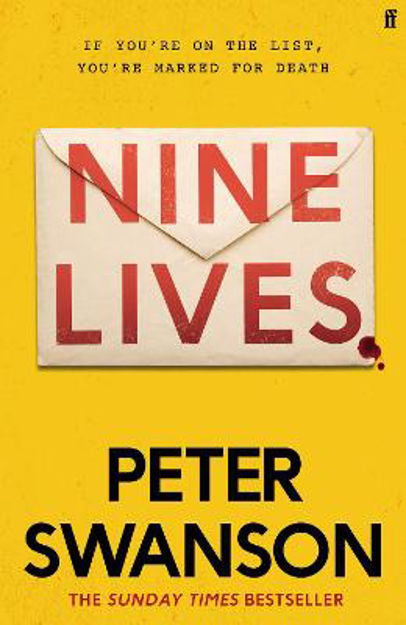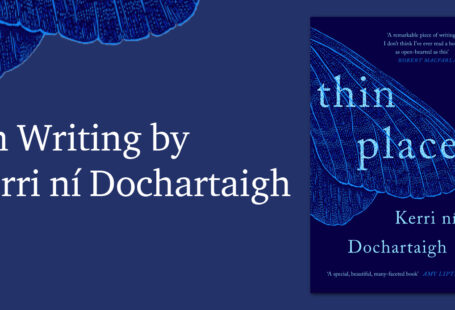There were two major influences that led to me writing my latest novel, Nine Lives, and book in which nine strangers each receive a letter that has marked them for death. One is And Then There Were None by Agatha Christie, mentioned numerous times in my novel, in which ten strangers are lured to an island and murdered off one by one. The other book is slightly less famous: Memento Mori by Muriel Spark. In that novel, a number of elderly characters all receive a phone call in which the caller speaks the words, “Remember you must die.”
The Christie book is a classic whodunit, in which the reader, along with the characters, is trying to figure out who the perpetrator is before it’s too late. Spark’s novel, like all her novels, is much more philosophical. It is really about how differently we all react to the knowledge that death is inevitable. What these books both have in common is the end: all the characters are dead.
Nine Lives, being a mystery novel, is much more similar, I think, to And Then There Were None than Memento Mori. But even though the narrative is propelled along by clues and red herrings and piled-up corpses, all leading to the reveal of the killer, I like to think there’s a philosophical bent to the book, as well. We are all heading toward the grave, of course, but the characters in my book are more aware of it. How do we act when death is fast approaching? Do we become our best selves or our worst selves? Does the world look brighter or darker? My book doesn’t answer these questions, but I like to think it poses them. Because we are all facing down death eventually, just hopefully not from a psychotic killer.

Peter Swanson’s novels include The Girl With a Clock for a Heart, nominated for an LA Times book award, The Kind Worth Killing, a Richard and Judy pick and the iBooks store’s thriller of the year; Rules for Perfect Murders, the 2020 Richard and Judy Pick; and most recently Every Vow You Break. He lives with his wife and cat on the north coast of Massachusetts.







Recent Comments